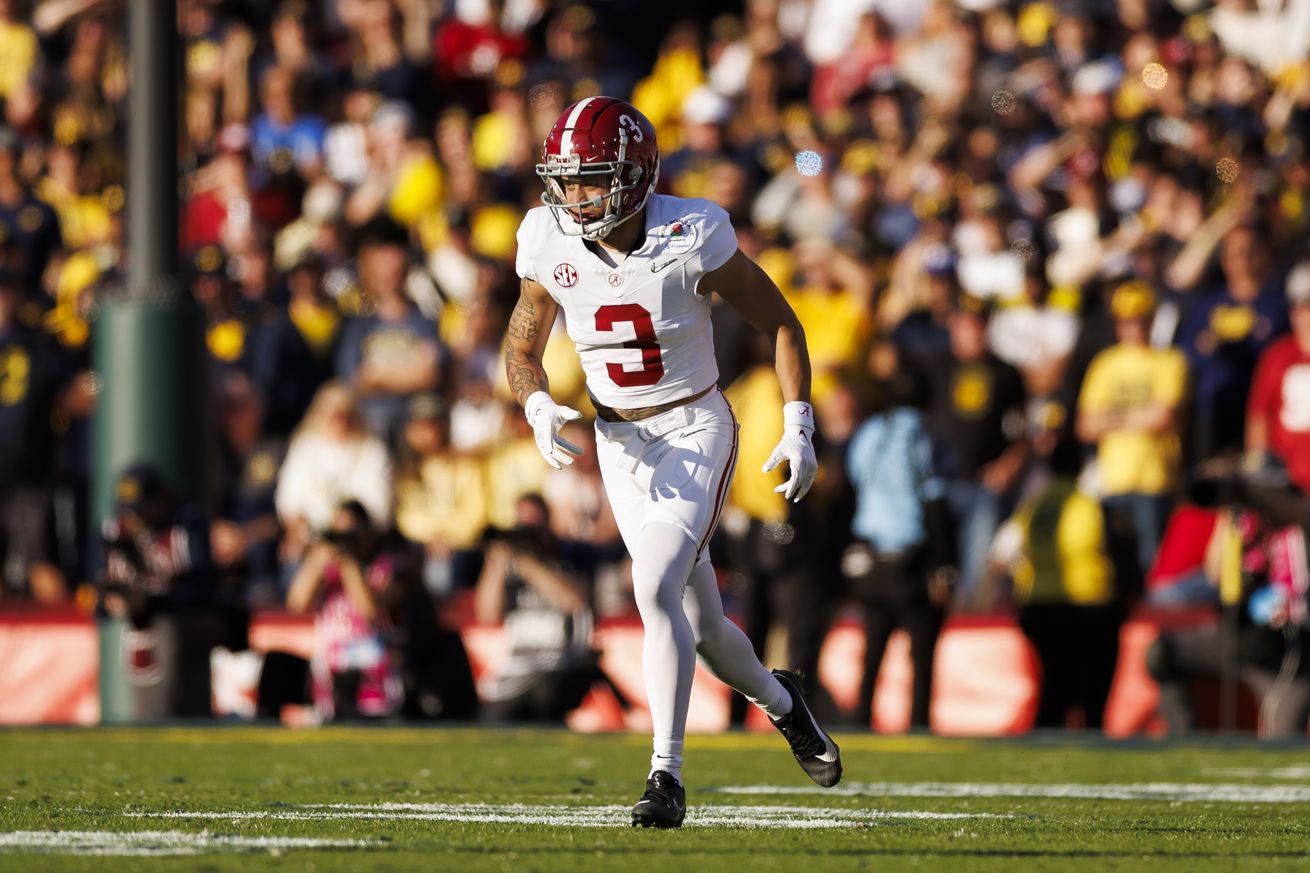
The NFL draft is not a science but there are a lot of data pieces around it
The job of an NFL general manager is very difficult. While fans and media are able to take a video game approach to constructing a roster, GMs have to put their jobs on the line with many of the decisions that they make.
In less than a week, the NFL draft will kick off. While Cleveland Browns GM Andrew Berry will have an extra day to plan for his first selection, the data gathering continues throughout the process. Fans and media have more information than ever before with Relative Athletic Scores, athletic spiderwebs, consensus big boards and mock draft simulators.
Yet, despite all of the information available, fans and media often talk about a player “rising” or “falling” compared to where they were expected to go. There are a wide variety of reasons for that but most come down to four specific factors that, in general, are not known publicly about prospects:
Medical Evaluations
Yes, everyone knows about major injuries that players have sustained previously in college but the state of a prospect’s overall health is only known to NFL teams. Is a knee cartilage degenerating? Are there concerns with the vertebrae in a prospect’s back? Are there signs of tendinitis?
So many little pieces of medical information could drastically impact a player’s draft position.
Off-the-Field Red Flags
There are times when NFL draft prospects are reported to have off-the-field red flags due to very clear issues. This year, Texas Longhorns DT T’Vondre Sweat is an example of this with his DWI earlier this month. In that article, there is another example of off-the-field red flags with Sweat:
I think it’s worth noting that Dane Brugler has Texas DT T’Vondre Sweat graded as a fourth-round player.
“Party animal” and “class clown” were the words to describe him.
— Marcus Mosher (@Marcus_Mosher) April 10, 2024
Those types of red flags sometimes become known through media sources, like Dane Brugler has, but often we are not aware of them but teams are. NFL teams do exhaustive research on players in a variety of ways to try to make sure they know the kind of player they are getting.
Picking Up NFL Offenses/Defenses
At the college level, pure skill by players can often mask a lot of things. Receivers are often being covered by players who will not be professional athletes in the near future. A big, fast receiver can dominate in college without really needing to understand offensive nuance or the defenses that are covering them.
That is not true for almost any position in the NFL.
Whether it is gathering information from their college coaches or through visits with prospects at the NFL combine or on predraft visits, NFL teams know how vital football IQ is to success at the next level. Whiteboard and film sessions with coaches give teams a clear understanding of what a player can and cannot process but is rarely something fans or media have insight into.
Relationships with Coaches and Teammates
If you watched the movie “Draft Day,” you’ll remember this scene:
“Did your teammates come to your birthday party?” is a line perfectly out of a movie but is at the heart of what NFL teams want to know. They want to know how you relate to your peers. Maybe more importantly, they want to know how you relate to your coaches as well.
Fans and media will every once and a while get hints of problems here as we see here from Pro Football Focus’ note on WR Jermaine Burton:
As a receiver, he does everything well, with the athleticism and nuance to his game to be a threat at all levels of the defense. He hasn’t had the overwhelming production of other receivers in this class, but that has largely been down to opportunity, which may itself be affected by his relationship with coaches at multiple college programs.
With the Browns hiring Burton’s former offensive coordinator with the Alabama Crimson Tide, Berry has inside information on whether there were issues between Burton and his coaches.
If a player struggles with his relationship with coaches and teammates in college, it is assumed that will continue or get worse at the NFL level. Some teams will take players off the board while others will drop them down on their draft boards.
Are there any other mostly unknown factors you think impact a player’s stock?



















You must be logged in to post a comment Login